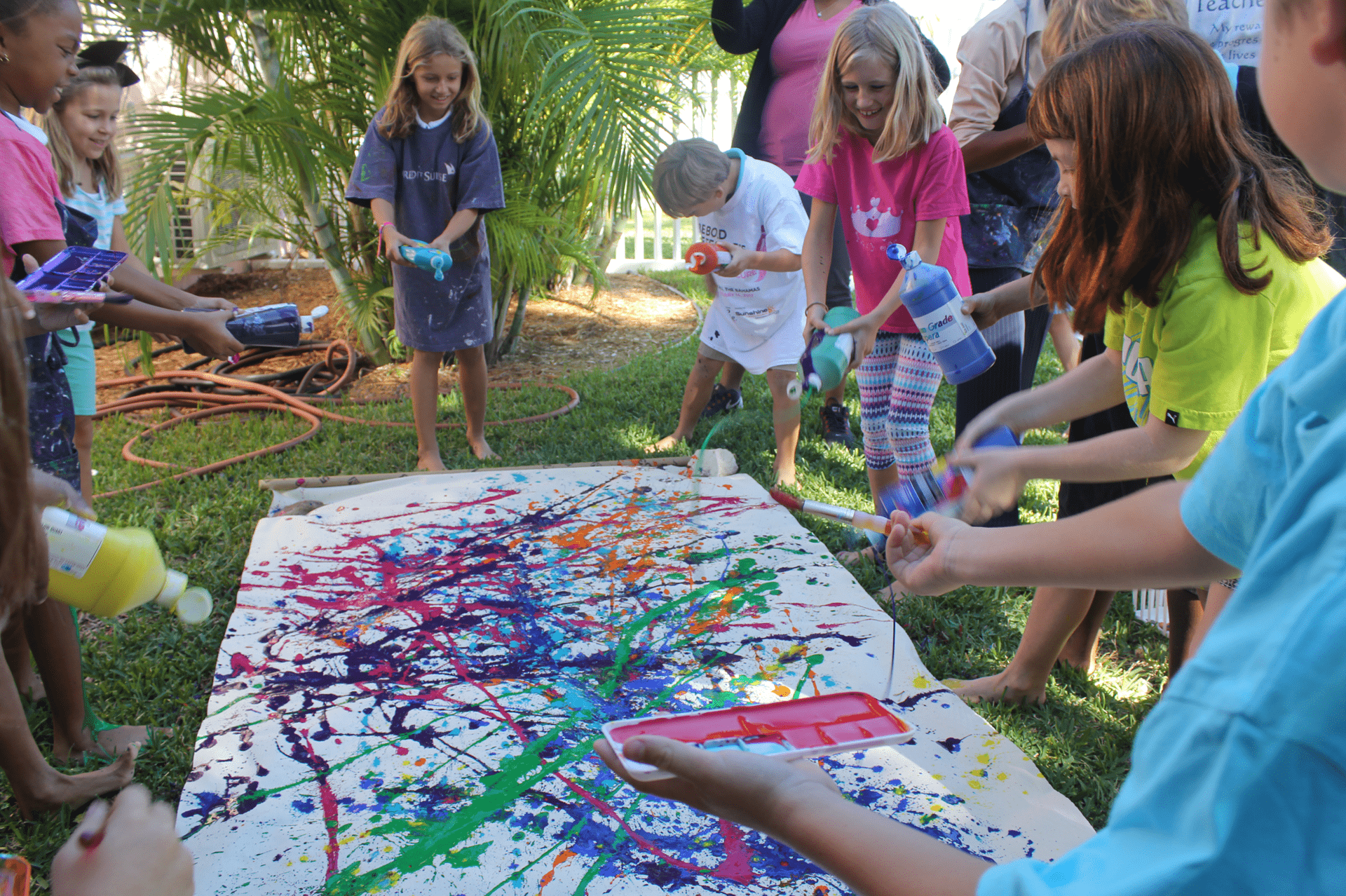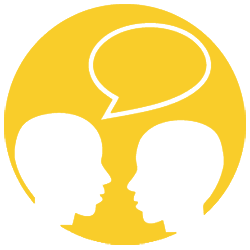
Elementary School
The Elementary School offers an inquiry-based approach to learning for students in Grades 1 through 5.

THE FOUNDATION IS SET for future academic, social and emotional well-being during these years. Students master universal skills and concepts with the core teacher and also benefit from specialist instruction in a second language, music, physical education and art.
The IB Learner Profile
A set of attributes developed throughout all ages of the IB curriculum that help members of the school community learn to respect themselves, others and the world around them.


How We Learn
The Elementary School follows the International Baccalaureate Primary Years Programme (PYP) and Common Core Standards. It focuses on big ideas with local and global significance to help the students understand the world around them and their place in it.

“The world today requires learners to be innovative, creative and collaborative problem-solvers. This understanding forms the basis of our curriculum here at LCIS.”

Approaches to Learning
Students learn skills applicable across their lives that help them to become more reflective, independent and responsible learners.

“We chose an IB school because we wanted to know that the curriculum provided a framework for the school, teachers and parents. The curriculum structure is transparent to parents, with clear achievement targets for staff and children alike.”

Inquiry Based Teaching & Learning
Inquiry is an authentic way for students to explore and understand the world using play, problem-based learning, collaboration, experimentation and explicit teaching. Inquiry nurtures the development of curiosity to allow children to build deeper understandings as they embark on a lifelong journey of learning.
3
New Play Structures
2
Languages Offered by Grade 5
1:1
Device to Student Ratio
Other Elementary School Features
Language
•
Field Trips
•
Assessment
•
Technology
•
Physical & Health Education
•
The Arts
•
Library
•
Co-Curriculars
•
Student Support
•
S.T.E.A.M.
•
PYP Exhibition
•
Language • Field Trips • Assessment • Technology • Physical & Health Education • The Arts • Library • Co-Curriculars • Student Support • S.T.E.A.M. • PYP Exhibition •
-

Language
In Grades 1-5, students receive 45 minutes of Spanish instruction, five days a week. In Grade 5, students choose to study either French or Spanish.
-

Technology
Students learn and apply technology skills within all of their classes. Technology access grows as the students do. Ipads and laptops are provided by the school.
-

Field Trips
Field trips play a role in linking classroom-based inquiries to the larger community, the outdoors, and our environment. Grade 5 students spend three days on another island learning about the marine environment.
-

Assessment
Formal and informal assessments allow teachers to support and enhance student learning. In addition to internal benchmarks, students take the ERB & MAP standardised tests for evaluation against international standards.
-

Physical & Health Education
Physical education focuses on the development of a healthy lifestyle. Through movement, students develop personally, socially and emotionally, as well as physically.
-

The Arts
From the earliest years, students have the opportunity to explore their creativity and communication in a variety of performing and visual arts mediums. A comprehensive music education culminates with two years of instruction in steel pan for Grades 4 & 5.
-

Library
Grades 1 - 4 visit the library with their class every week. Grade 5 students learn in-depth research skills.
-

Co-Curriculars
Students can participate in after-school activities in athletics, technology, and the arts.
-

STEAM
Science, Technology, Engineering, Arts & Math skills are integrated across the curriculum and students can pursue these fields in-depth in the co-curricular programme
-

PYP Exhibition
The PYP Exhibition is the culminating project of elementary school. Students complete an extended, in-depth, group research project to synthesise their learning and share it with the community.
-

Student Support
Students with learning differences or English-language needs are provided with personalised learning support.










